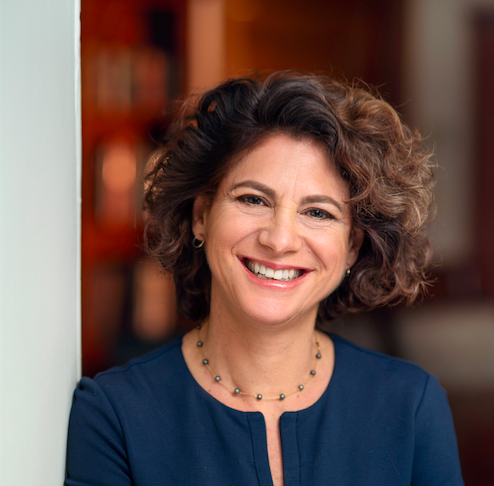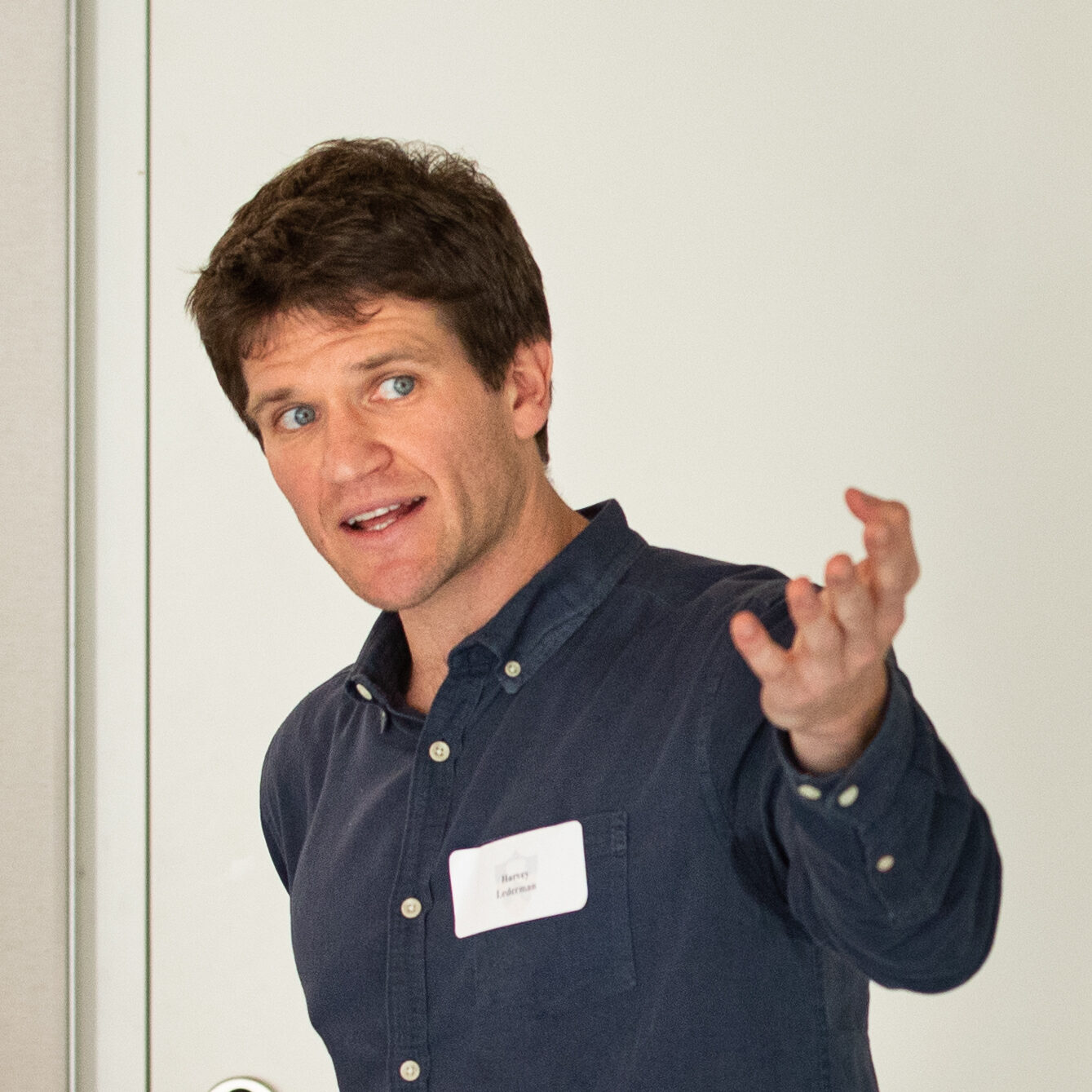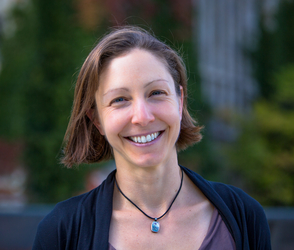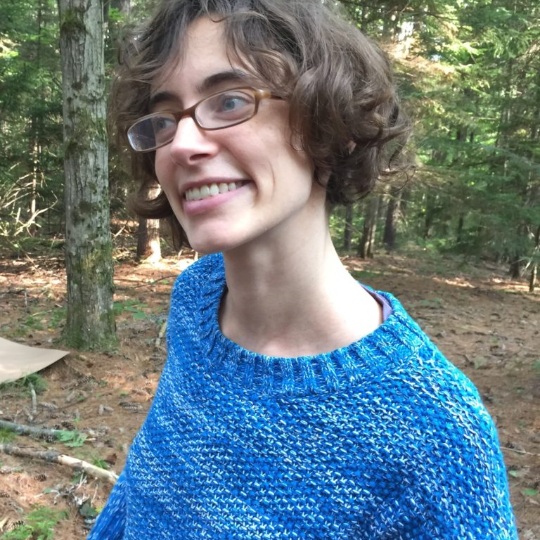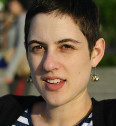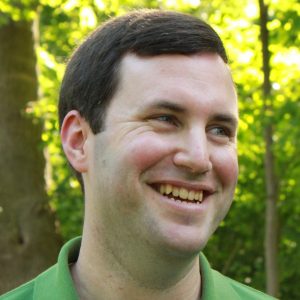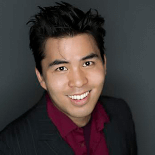C. Thi Nguyen as of July 2020 is Associate Professor of Philosophy at the University of Utah. His research focuses on how social structures and technology can shape our rationality and our agency. He has published on trust, expertise, group agency, community art, cultural appropriation, aesthetic value, echo chambers, moral outrage porn, and games. He received his PhD from UCLA. Once, he was a food writer for the Los Angeles Times. He tweets at @add_hawk.
Abstract:
Most theories of trust presume that trust is a conscious attitude that can be directed at only other agents. I sketch a different form of trust: the unquestioning attitude. What it is to trust, in this sense, is not simply to rely on something, but to rely on it unquestioningly. It is to rely on a resource while suspending deliberation over its reliability. To trust, then, is to set up open pipelines between yourself and parts of the external world — to permit external resources to have a similar relationship to one as one’s internal cognitive faculties. This creates efficiency, but at the price of exquisite vulnerability. We must trust in this way because we are cognitively limited beings in a cognitively overwhelming world. Crucially, we can hold the unquestioning attitude towards objects. When I trust my climbing rope, I climb while putting questions of its reliability out of mind. Many people now trust, in this sense, complex technologies such as search algorithms and online calendars. But, one might worry, how could one ever hold such a normatively loaded attitude as trust towards mere objects? How could it ever make sense to feel betrayed by an object? Such betrayal is grounded, not in considerations of inter-agential cooperation, but in considerations of functional integration. Trust is our engine for expanding and outsourcing our agency — for binding external processes into our practical selves. Thus, we can be betrayed by our smartphones in the same way that we can be betrayed by our memory. When we trust, we try to make something a part of our agency, and we are betrayed when our part lets us down. This suggests a new form of gullibility: agential gullibility, which occurs when agents too hastily and carelessly integrate external resources into their own agency.
